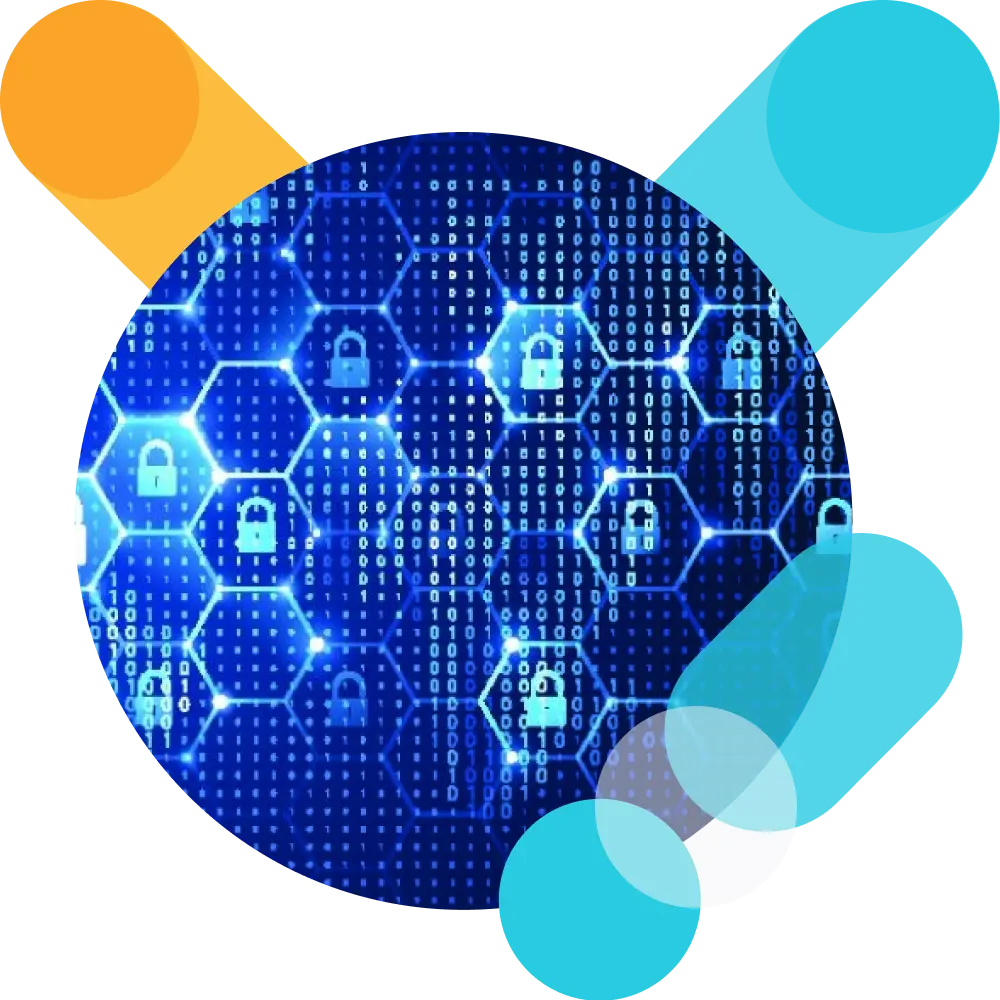|
ALL TRAVEL LIFE CULTURE STYLE TECH Türkçe |
Life in Cybersecurity: Practical Tips for Daily Digital SecurityIn an age where our lives are deeply intertwined with technology, cybersecurity is a must-have for everyone, not just IT professionals. Here?s a simple guide to help you navigate the digital world more securely, even if you?re not a tech wizard.
1. Password Management: Your First Line of Defense - Why Strong Passwords Are Important: They?re the keys to your digital life. Weak passwords are like leaving your front door unlocked. - Tips for Creating and Managing Passwords: Make It Complex: Use a mix of letters (uppercase and lowercase), numbers, and symbols. A phrase like ?Sun@Moon123!? is much harder to crack than ?password123.? - Length is Power: Aim for at least 12 characters. The longer the better. - Unique for Each Account: Reusing passwords is like using a key for every lock in your house. If one is compromised, they?re all at risk. - Password Managers: Use tools like LastPass, 1Password, or Bitwarden. These generate secure passwords, store them, and fill them in for you. > How to Use: Sign up for an account, install the extension in your browser or app on your phone, and let it do the heavy lifting. Remember just one master password. Two-Factor Authentication (2FA): Enable 2FA whenever possible. This adds an extra layer of security by requiring a second form of verification, usually a code sent to your phone. 2. Detect and Prevent Phishing Scams - What is Phishing?: Phishing is when cybercriminals use fake emails, texts, or websites to trick you into giving up personal information. - How to Identify Phishing Attempts: Check the Sender: Hover over email addresses to see the real sender. Look for typos or minor changes to known addresses. - Urgencies or Threats: Scammers often create emergencies (?Your account will not be terminated unless??) or threats (?We?ve detected unusual activity??). - Links and Attachments: Avoid clicking on links or opening attachments from unknown or suspicious sources. If you?re not sure, go directly to the official company?s website. - Generic Greetings: Emails that don?t use your name or use generic greetings like ?Dear Customer? can be red flags. > What to Do: Don?t Engage: Don?t respond or provide any information. Verify: If you think it might be legitimate, contact the company directly using the contact information on their official website, not the email. Report: Forward phishing emails to reportphishing@apwg.org (mailto:reportphishing@apwg.org) or use your email provider?s reporting tool.  3. Secure Your Personal Data
3. Secure Your Personal Data- Online Privacy: Browser Privacy: Use browsers that emphasize privacy, such as Firefox or Brave. Consider using privacy-focused search engines, such as DuckDuckGo. - Clear Browser Data: Clear cookies, cache, and browsing history regularly to limit tracking. - VPNs: Virtual Private Networks can hide your internet activity from prying eyes, especially on public Wi-Fi. Device Security: - Software Updates: Always update your operating system, browsers, and applications. These updates often include security fixes. - Antivirus: Even if you?re careful, having antivirus software like Windows Defender (free), Malwarebytes, or Norton can catch threats you might miss. - Public Wi-Fi Warning: Avoid accessing sensitive information over public Wi-Fi. Use a VPN if necessary. Social Media: - Privacy Settings: Adjust who can see your posts, friends list, and personal information. - Be Selective: Think before you post personal information, like your full birthdate or vacation plans. Profile Lockdown: Regularly review what?s public on your profile. You might be surprised at what you?ve left out. 4. Shop Safely Online - Shop on Trusted Sites: Look for the padlock icon and ?https? in the URL, which indicates a secure site. - Use Payment Services: Services like PayPal or Apple Pay add a layer of security between your bank and the merchant. - Credit Cards: Use credit cards when shopping online whenever possible; they offer better fraud protection than debit cards. - Check Statements: Regularly review your bank and credit card statements for unauthorized transactions. 5. Digital Cleanup - Old Accounts: Close accounts you no longer use. These are potential weak spots. - Data Backups: Back up important data regularly. Use encrypted cloud services or external drives. - Uninstall Unused Apps: Apps you don?t use can still collect data or be hacked. Keep your device bare. Bottom Line: Cybersecurity doesn?t require a degree in computer science. Follow these simple, practical tips to: - Create strong, unique passwords and manage them with a password manager. - Beware of phishing with a healthy dose of skepticism. - Secure your personal data with privacy settings, software updates, and careful internet use. - Shop online safely with reliable methods and caution. You can significantly improve your digital security. Remember, your digital awareness is your most powerful tool. Keep learning, stay curious, and protect yourself by making informed decisions about your online activities. Source: Grok
|
Tweets by Kayip_Esya |


Lost Something | Found Something | Lost Items List | Unattended Items List Search Lost Item | Blog | Contact |

